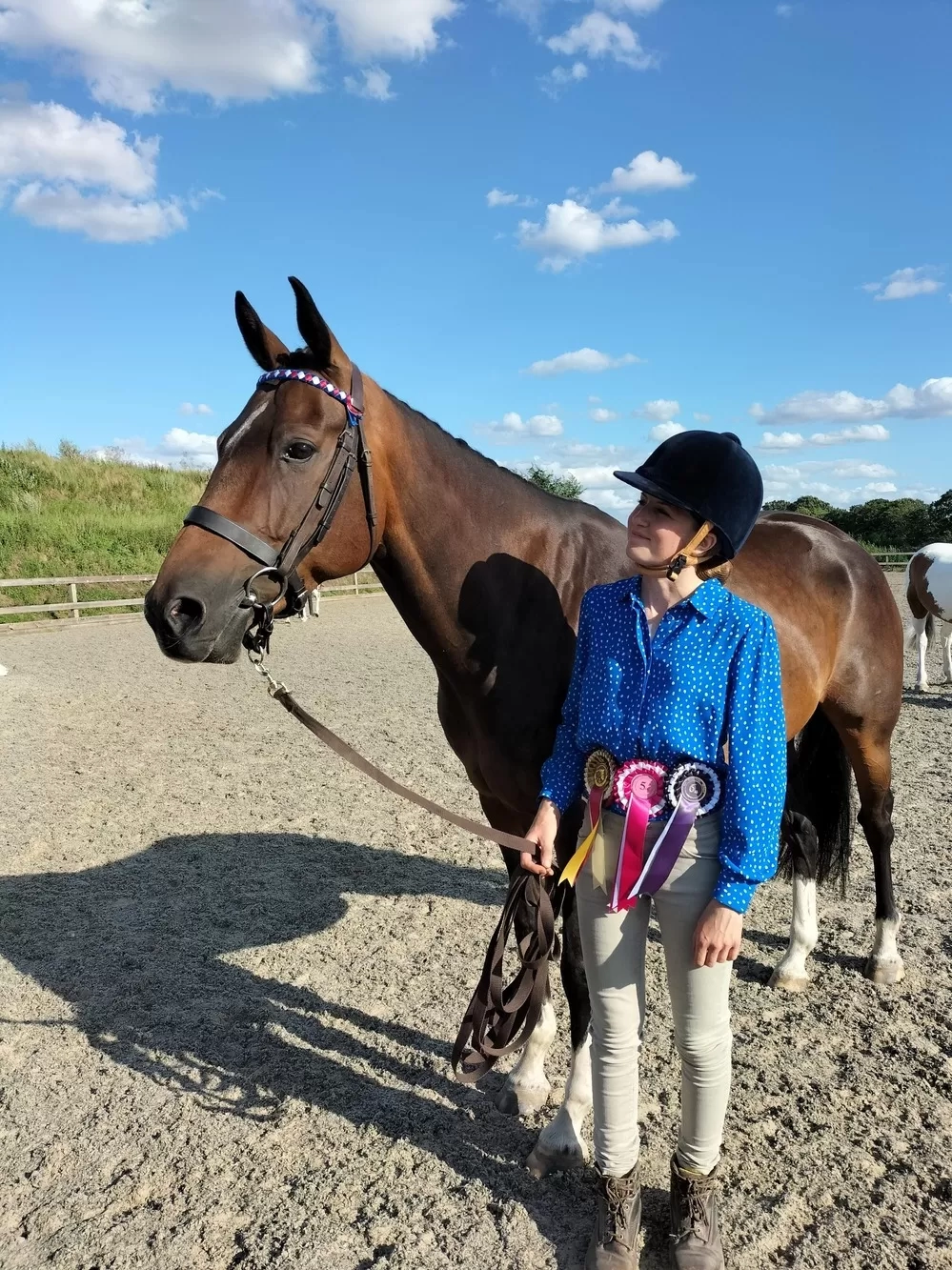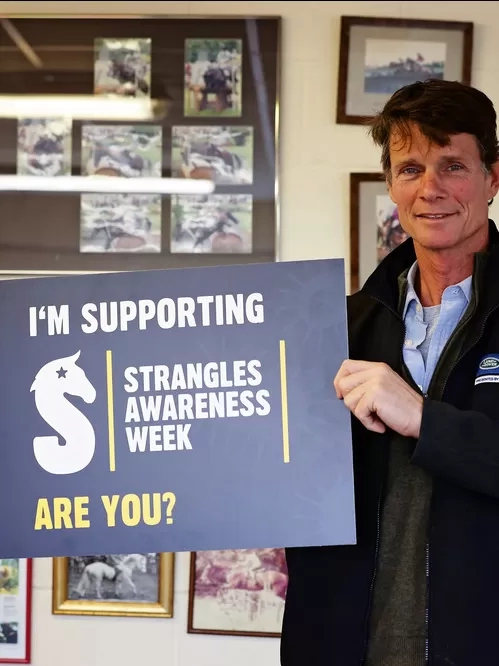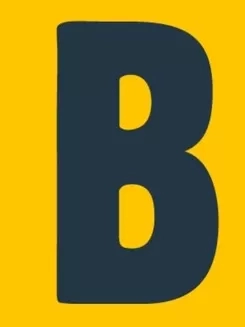10 May 2017
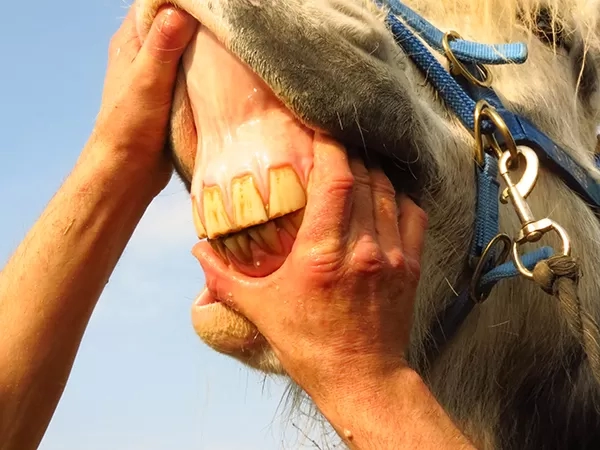
Dental care is crucial to your horse’s health and wellbeing, yet reports suggest that even the most conscientious owner may not give their horse’s teeth the attention they need.
Watch our video to see Welfare Vet Nicola explain why dental checks are so important:
Horses usually graze for about 16 hours a day. Young horses have very long teeth buried in their gums; as the teeth wear down from all that chewing, more tooth emerges from the gum to replace it.
However, the teeth may not wear down evenly, causing sharp enamel edges and ulceration. Some other problems involving the teeth include: overgrowth, factures, misalignments, tooth abscesses, gum disease or gaps between the teeth.
The average horse needs a dental check-up by a vet or qualified equine dentist at least once a year to help prevent problems occurring. Horses are good at masking mild pain, so regular check-ups are essential, even if your horse is not showing any signs of dental problems.
Some of the following are signs of dental problems. These are also all signs of pain so you will need to get your horse’s teeth checked as soon as possible if any of the following occur:
Choke (this should be treated as an emergency. A vet should be called immediately.) A horse that is choking may show any of the following signs:
- Extension of the head and neck
- Distress
- Coughing
- Dribbling
- Nasal discharge with bits of food in it or saliva
- Increased heart rate
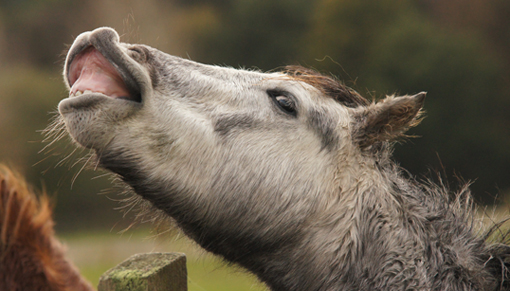
Older horses should have a dental check-up at least twice a year. Their teeth will be coming to the end of their working life, so they need more regular attention.
As their teeth start to ‘wear out’, older horses may find it difficult to chew long fibre foods, like hay, or struggle to pick up grass. You may notice long bits of undigested hay in your horse’s droppings, or that your horse has lost some condition. At Redwings, our ‘No Long Fibre’ horses have feeds of soaked high-fibre cubes at regular intervals, which satisfies their need to constantly eat throughout the day.
Also remember to keep an eye on your older horse’s weight by weigh-taping and body condition scoring regularly - click here for a guide to body condition scoring. Weight loss is not a sign of old age – it’s a sign of an underlying problem.
For more information and advice, call us on 01508 481008 or email us!
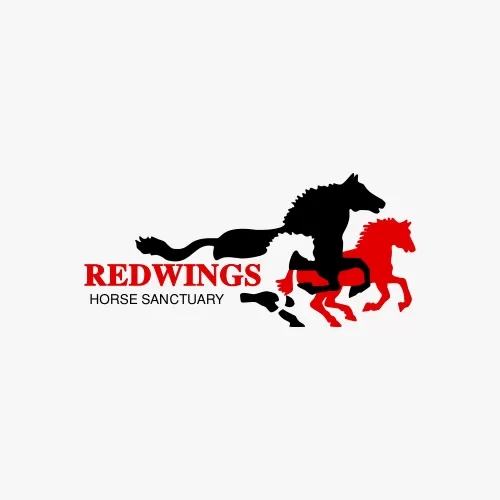
Redwings Press Office
Find out more about Redwings Press Office
